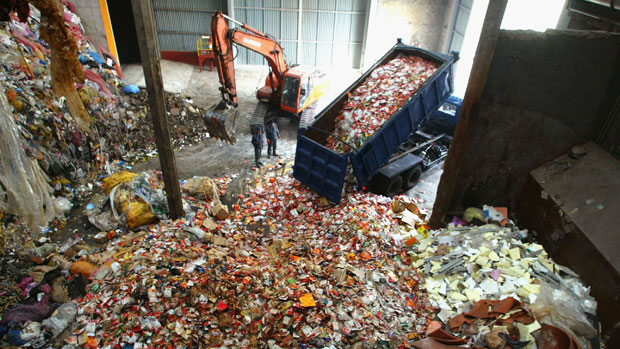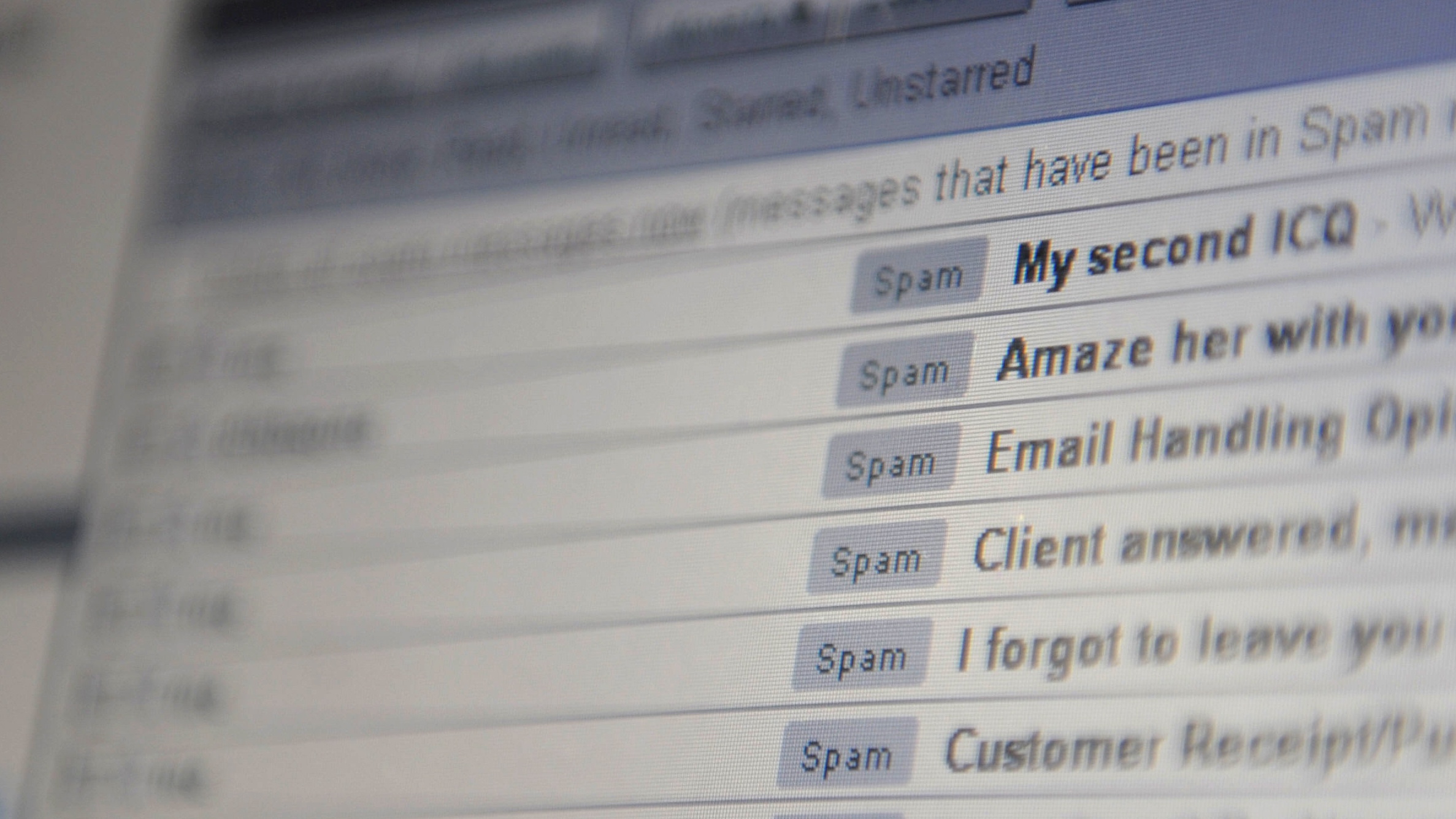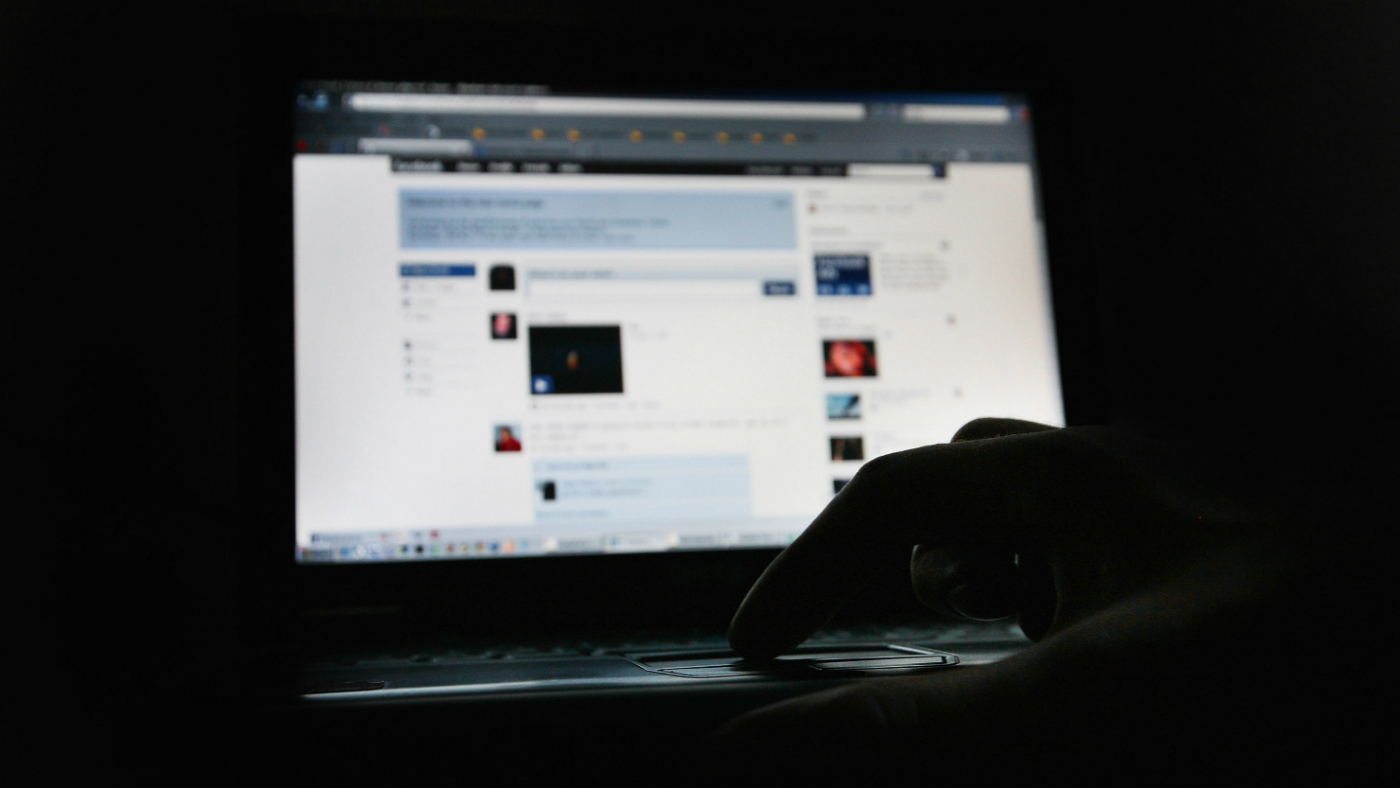Smart tags to consign use-by dates to the scrap heap
A new electronic smart tag changes colour to show when food is no longer safe to eat

A free daily email with the biggest news stories of the day – and the best features from TheWeek.com
You are now subscribed
Your newsletter sign-up was successful
ELECTRONIC tags could soon replace traditional use-by dates on food, allowing people to see precisely when perishables items are about to go off.
Chinese food scientists have produced a new label – known as a smart tag – that shows how much life is left in food, rather than relying on manufacturers' estimates. The technology will take the guesswork out of food consumption and could help to cut waste, say the inventors. Use-by dates are known to err on the side of caution, rather than accurately reflecting when a product has gone bad.
The system was demonstrated at a meeting of the American Chemical Society in Dallas, Texas. The colour-coded smart tags are designed to be placed on the packaging of a perishable product and will change colour to indicate the freshness of its contents.
The Week
Escape your echo chamber. Get the facts behind the news, plus analysis from multiple perspectives.

Sign up for The Week's Free Newsletters
From our morning news briefing to a weekly Good News Newsletter, get the best of The Week delivered directly to your inbox.
From our morning news briefing to a weekly Good News Newsletter, get the best of The Week delivered directly to your inbox.
"In our configuration, red, or reddish orange, would mean fresh," explained Chao Zhang, the lead researcher of the study. "Over time, the tag changes its colour to orange, yellow and later green, which indicates the food is spoiled."
The tags contain tiny metallic "nanorods" made of gold and silver. These small rods mimic the degradation of food by undergoing a gradual chemical reaction which causes the traces of silver to deposit on the gold rods. This in turn causes the smart tag to change colour, The Times explains.
In spite of being made of precious metals, Zhang says the tags would be very cheap to produce, costing less than a penny each.
The patented technology is yet to be adopted by manufacturers.
A free daily email with the biggest news stories of the day – and the best features from TheWeek.com
-
 Political cartoons for February 19
Political cartoons for February 19Cartoons Thursday’s political cartoons include a suspicious package, a piece of the cake, and more
-
 The Gallivant: style and charm steps from Camber Sands
The Gallivant: style and charm steps from Camber SandsThe Week Recommends Nestled behind the dunes, this luxury hotel is a great place to hunker down and get cosy
-
 The President’s Cake: ‘sweet tragedy’ about a little girl on a baking mission in Iraq
The President’s Cake: ‘sweet tragedy’ about a little girl on a baking mission in IraqThe Week Recommends Charming debut from Hasan Hadi is filled with ‘vivid characters’
-
 How cybercriminals are hacking into the heart of the US economy
How cybercriminals are hacking into the heart of the US economySpeed Read Ransomware attacks have become a global epidemic, with more than $18.6bn paid in ransoms in 2020
-
 Language-learning apps speak the right lingo for UK subscribers
Language-learning apps speak the right lingo for UK subscribersSpeed Read Locked-down Brits turn to online lessons as a new hobby and way to upskill
-
 Brexit-hobbled Britain ‘still tech powerhouse of Europe’
Brexit-hobbled Britain ‘still tech powerhouse of Europe’Speed Read New research shows that UK start-ups have won more funding than France and Germany combined over past year
-
 Playing Cupid during Covid: Tinder reveals Britain’s top chat-up lines of the year
Playing Cupid during Covid: Tinder reveals Britain’s top chat-up lines of the yearSpeed Read Prince Harry, Meghan Markle and Dominic Cummings among most talked-about celebs on the dating app
-
 Brits sending one less email a day would cut carbon emissions by 16,000 tonnes
Brits sending one less email a day would cut carbon emissions by 16,000 tonnesSpeed Read UK research suggests unnecessary online chatter increases climate change
-
 Reach for the Moon: Nokia and Nasa to build 4G lunar network
Reach for the Moon: Nokia and Nasa to build 4G lunar networkSpeed Read Deal is part of the US space agency’s plan to establish human settlements on the lunar surface
-
 iPhone 12 launch: what we learned from the Apple ‘Hi, Speed’ event
iPhone 12 launch: what we learned from the Apple ‘Hi, Speed’ eventSpeed Read Tech giant unveils new 5G smartphone line-up
-
 Russian agency behind US election meddling ‘created fake left-wing news site’
Russian agency behind US election meddling ‘created fake left-wing news site’Speed Read Facebook says real reporters were hired by fake editors to write about US corruption